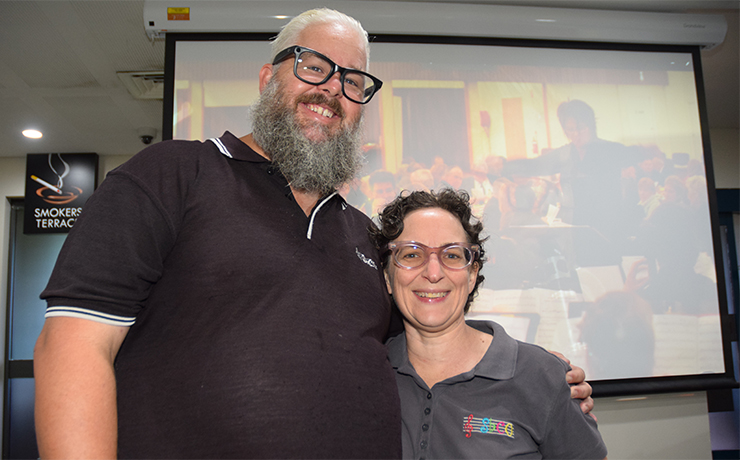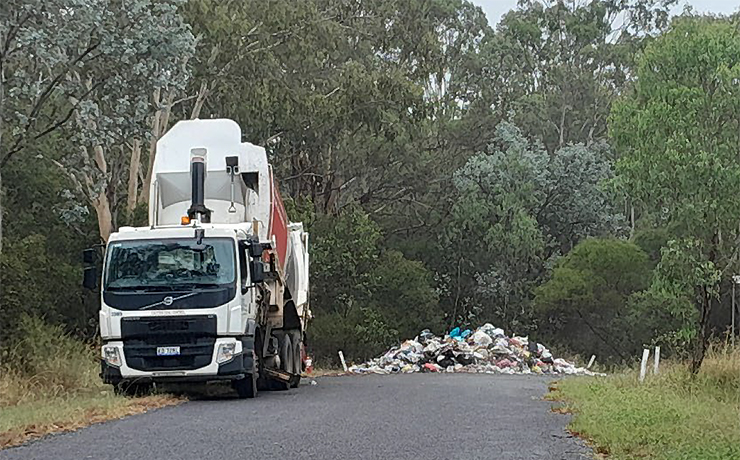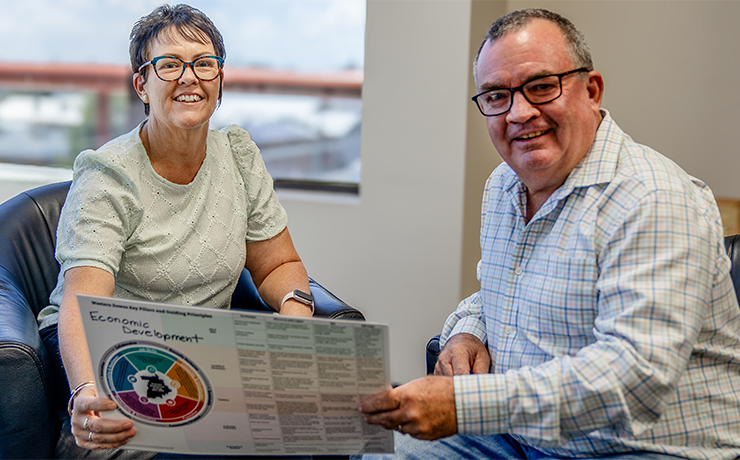
July 2, 2013
Queensland Health has issued an alert to parents following the death of a child on the Sunshine Coast at the weekend.
The four-year-old died after swallowing a small, button-shaped lithium battery.
She was taken to Noosa Hospital on Sunday with stomach bleeding, and then transferred to Royal Brisbane Hospital where she died.
Queensland Health said parents should always
- Make sure there are no loose batteries within any child’s reach.
- Always change button batteries on a surface out of reach of a child.
- Make sure the battery cover on devices are secure so your child can’t remove them.
- Store button batteries like you would medication, ie out of reach of your children.
Once swallowed, button batteries may leak which can cause internal corrosive injuries to the gastrointestinal tract and the oesophagus.
Significant injuries can occur in less than two hours.
Symptoms include chest pain, coughing, nausea or vomiting, diarrhoea, abdominal pain, and fever.
The stomach is an acidic environment which can erode the battery seal, potentially releasing chemicals.
Lithium batteries are generally higher voltage and can cause major complications in the oesophagus, and in extreme cases, such as occurred at the weekend, death.
Button batteries are found in many common devices including hearing aids, games and toys, watches, calculators, torches and laser lights, and remote control devices.
Parents must ensure that all flat batteries are disposed of properly and all other batteries are kept out of reach of children.
If parents suspect their child has swallowed a button battery, or has placed one in his/her nose, they should seek medical attention immediately. Do not give any food or water. In an emergency, call Triple Zero (000).
























